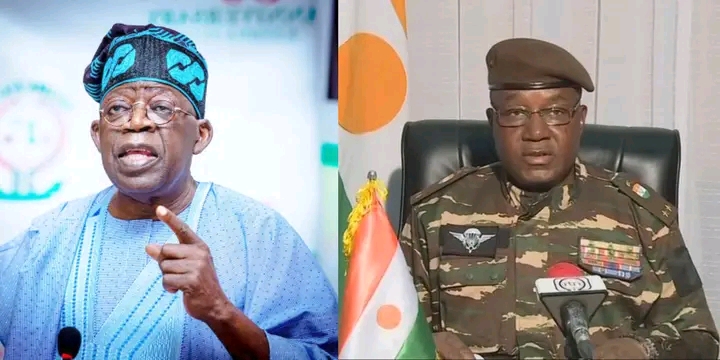- Niger heavily relies on Nigeria for electricity, and the Transmission Company of Nigeria declined to comment on the issue
- West African leaders give the military junta in Niger one week to relinquish power or face possible military intervention
Several cities in the Niger Republic are currently experiencing prolonged blackouts due to Nigeria cutting its power supply to the neighboring West African country.
The decision came after an emergency meeting by the Economic Community of West African States (ECOWAS), where sanctions, including freezing utility services, were imposed on Niger over its recent coup.
Nigelec, an electricity company in Niger, confirmed the development, and it has resulted in cities like Niamey, Maradi, and Zinder having intermittent power, with electricity available for about an hour at a time before being cut off for approximately five hours. This situation is unusual for Niger, which typically enjoys a reliable electricity supply, heavily dependent on Nigeria.
The Transmission Company of Nigeria declined to comment on the issue when questioned by the press. However, an anonymous source disclosed to the BBC that the electricity supply to Niger was cut following a presidential directive on Tuesday.
On a broader scale, West African leaders gave the military junta in Niger one week to relinquish power or face possible military intervention. ECOWAS defense chiefs also convened in Nigeria to address the Niger crisis and find the best resolution.
It’s important to note that the current situation in Niger arose from a military coup last week, resulting in the ousting of the democratically elected President, Mohamed Bazoum. General Abdourahmane Tchiani, the chief of the presidential guards, was installed as the head of state. This coup led to demonstrations against the country’s former colonial power, with the French embassy being attacked, leading France to evacuate its citizens from Niger. Approximately 262 French citizens evacuated from Niger Republic arrived in Paris early Wednesday.
Amidst the ongoing crisis, a delegation from ECOWAS is presently holding talks in Niger. The delegation is led by Nigeria’s General Abdulsalami Abubakar, who previously oversaw Nigeria’s transition from military rule to democracy in 1999. Notably, the delegation also includes the Sultan of Sokoto, Muhammadu Sa’adu Abubakar III, who wields significant influence in the Niger Republic.
Niger now joins Mali, Guinea, and Burkina Faso as countries currently under military rule, and the international community is closely monitoring the situation.
